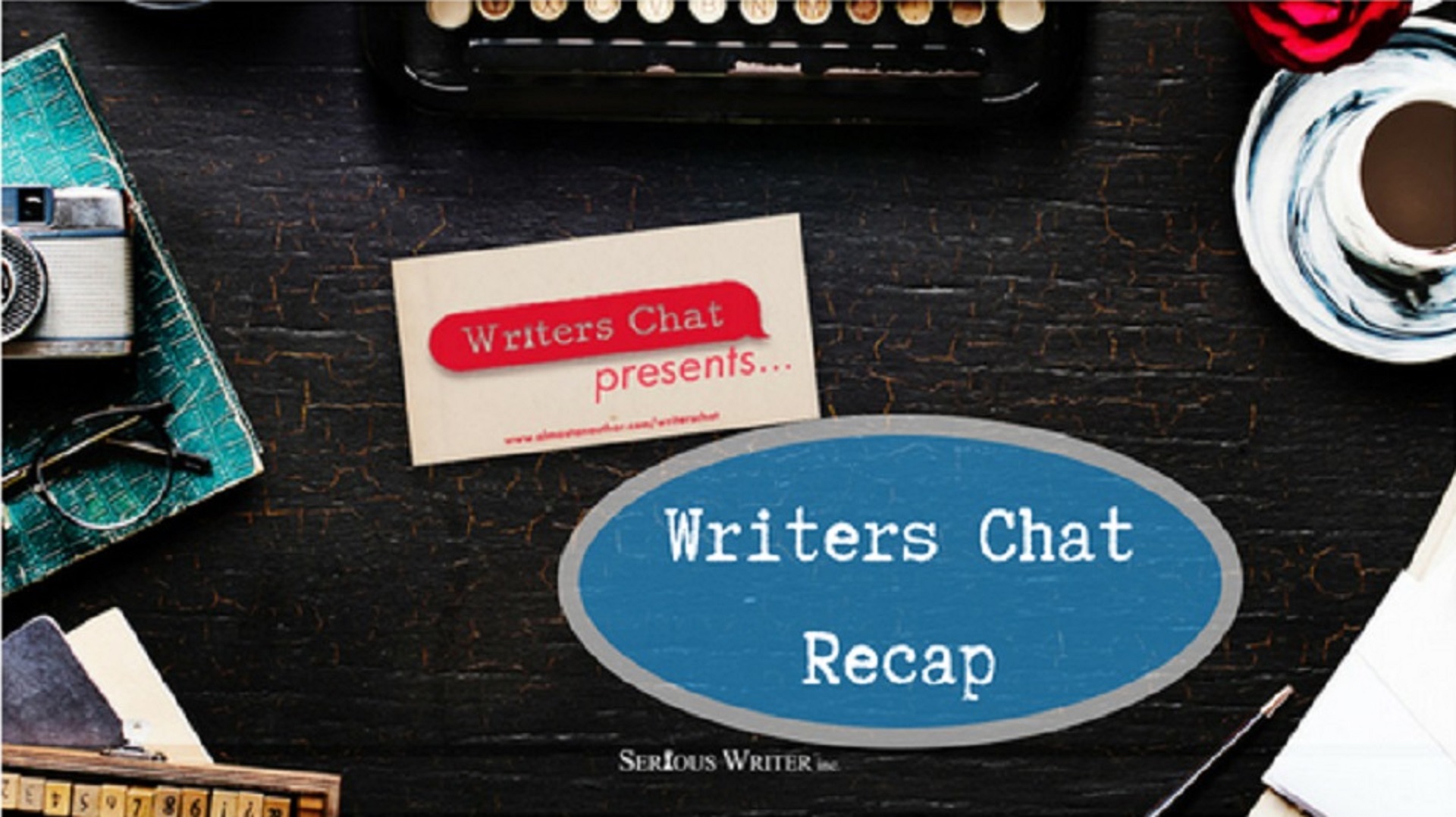
Book Proposals
Understand and Know Your Competition
After reviewing countless book proposals, you would be shocked at the large number of authors who include a competition…
November 25, 2023
After reviewing countless book proposals, you would be shocked at the large number of authors who include a competition…
November 25, 2023
This month’s edition of Reader’s Digest (Dec ’22 / Jan ’23) included a section near the back called To:…
January 12, 2023
When writers take personality tests, the majority are introverts. They prefer to write more articles or books instead of…
August 25, 2021
Writers Chat, hosted by Jean Wise, Johnnie Alexander, and Bethany Jett, is the show where we talk about all…
November 15, 2018